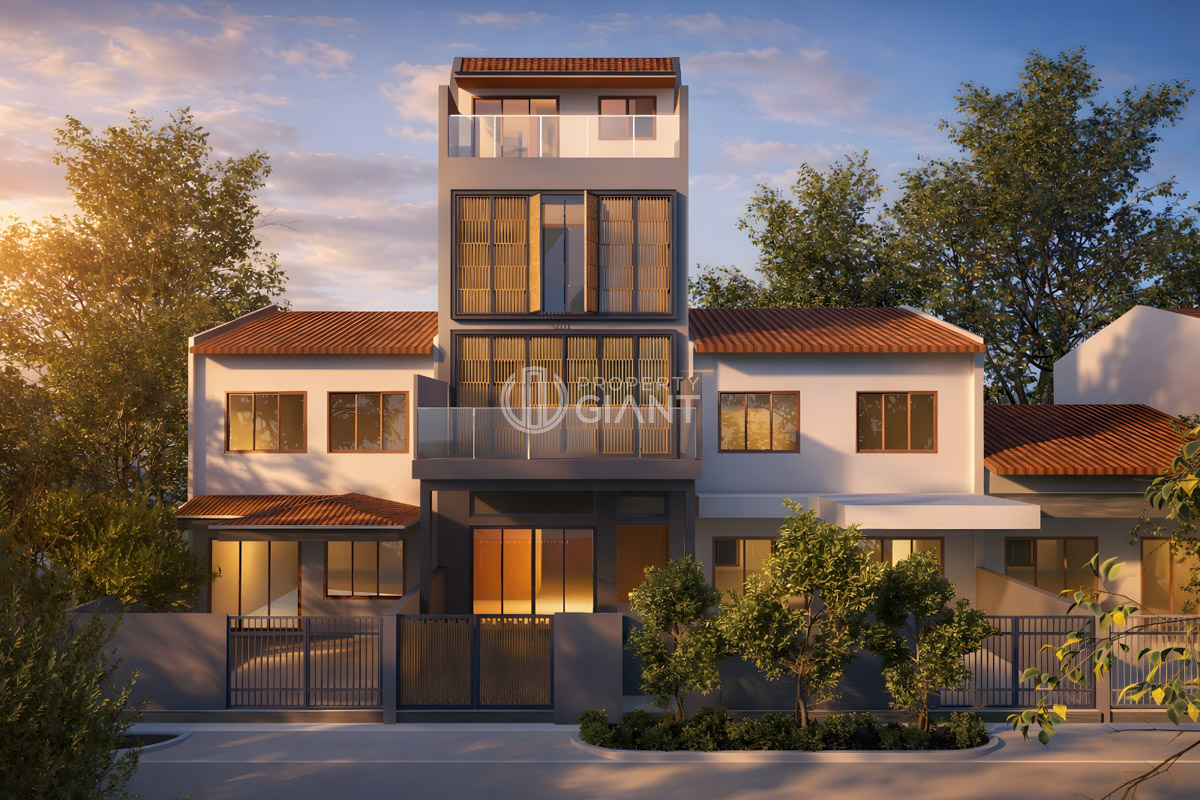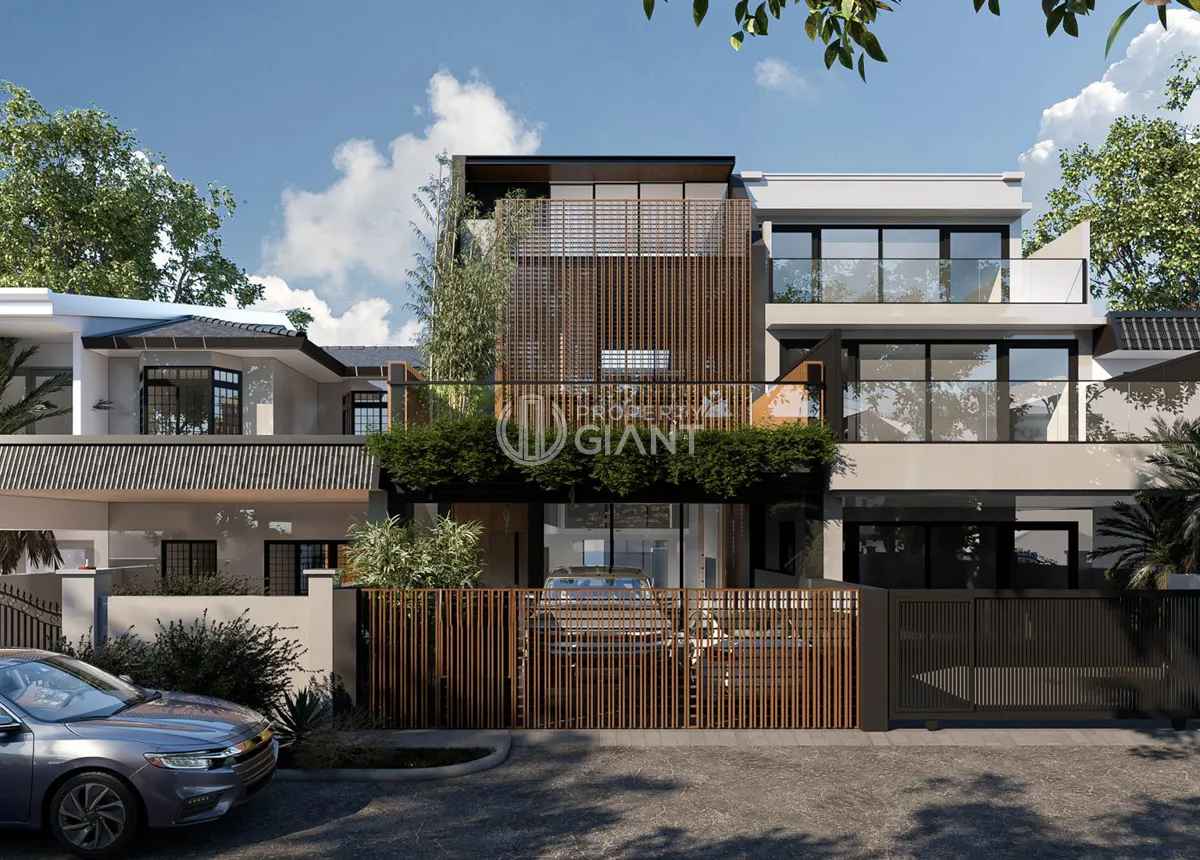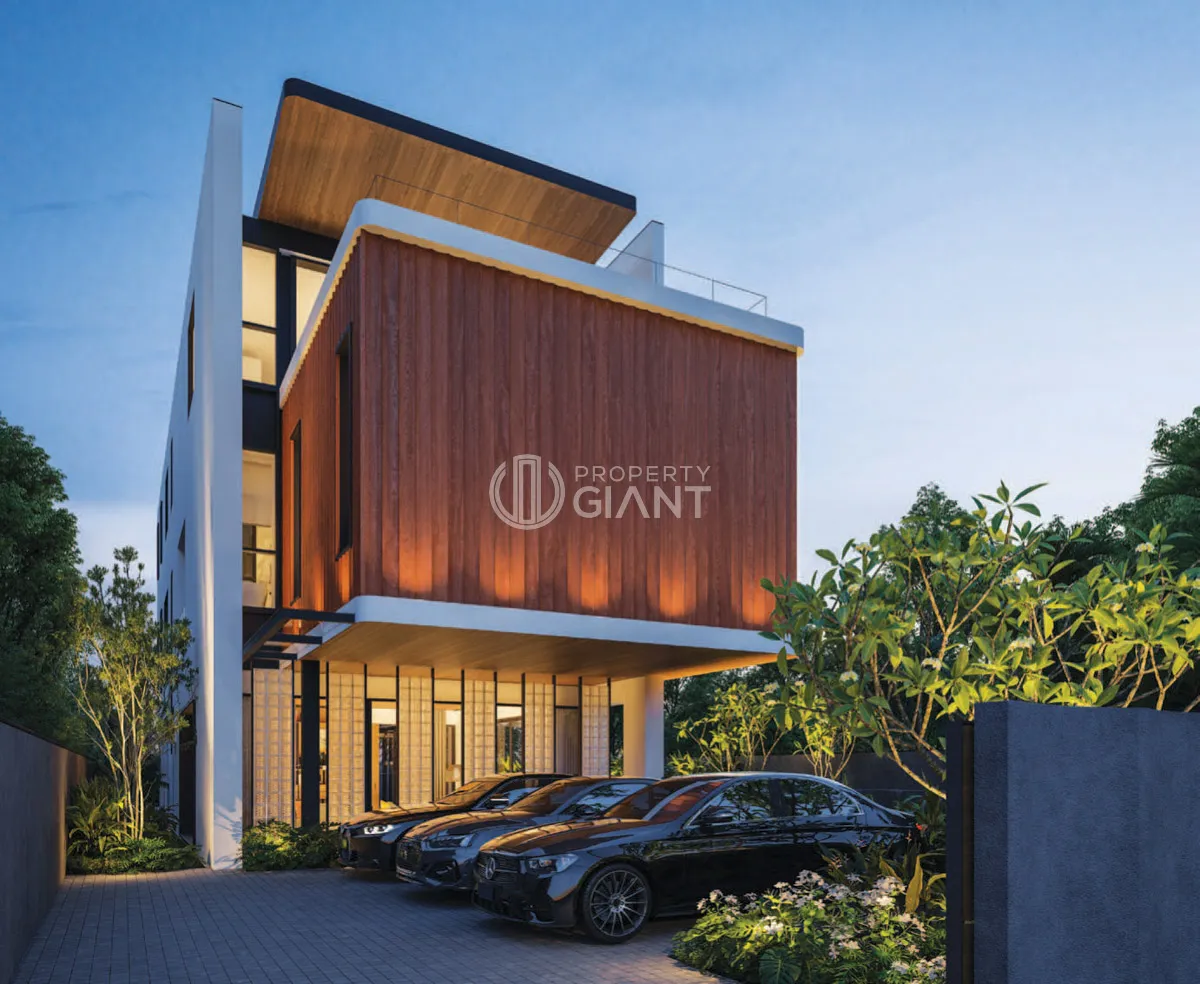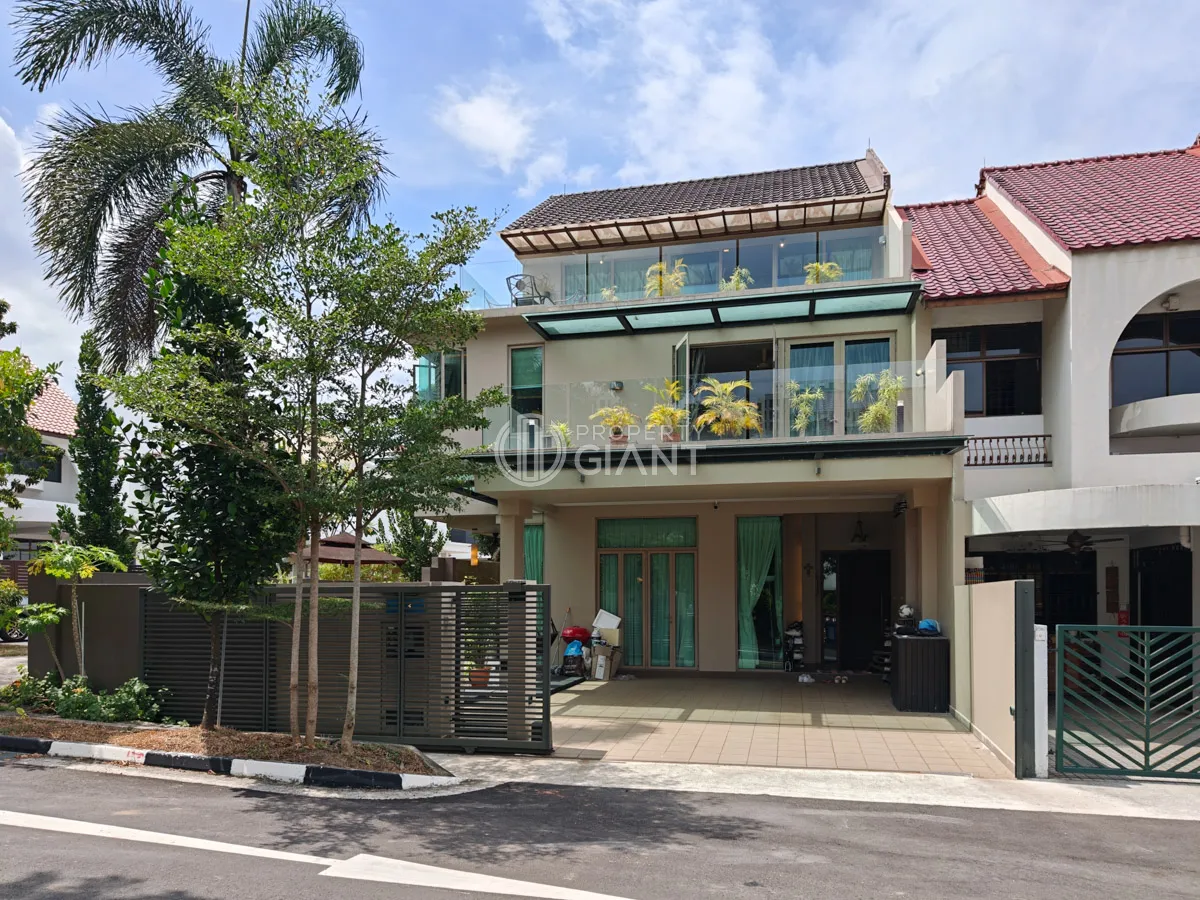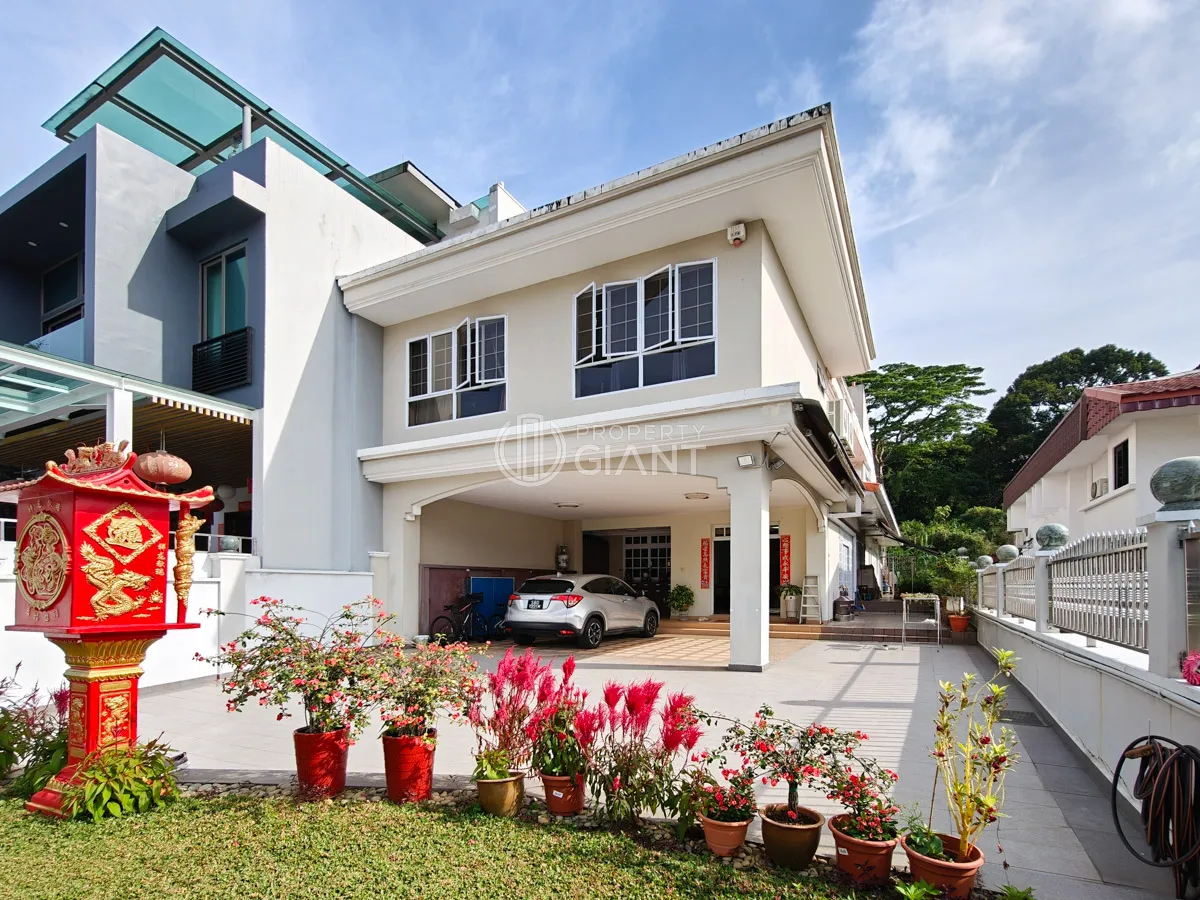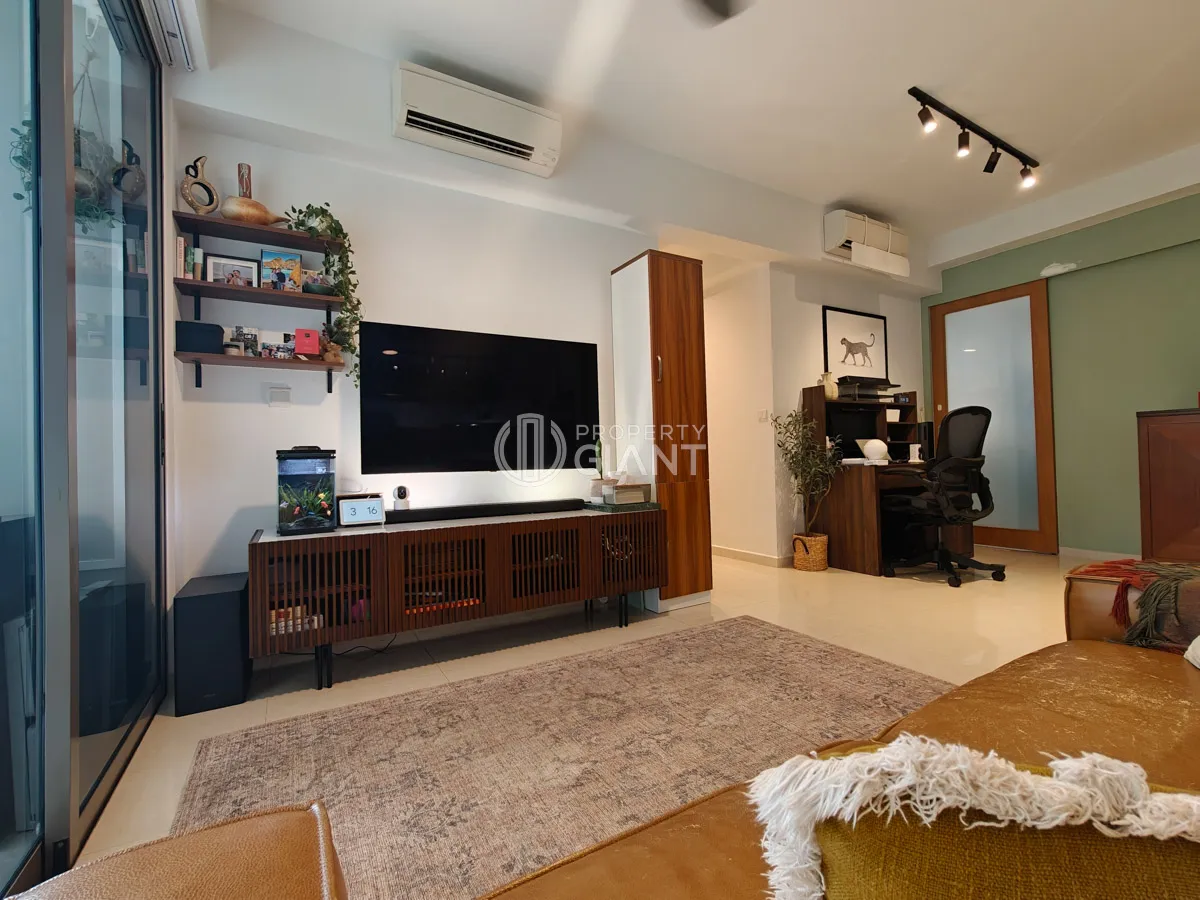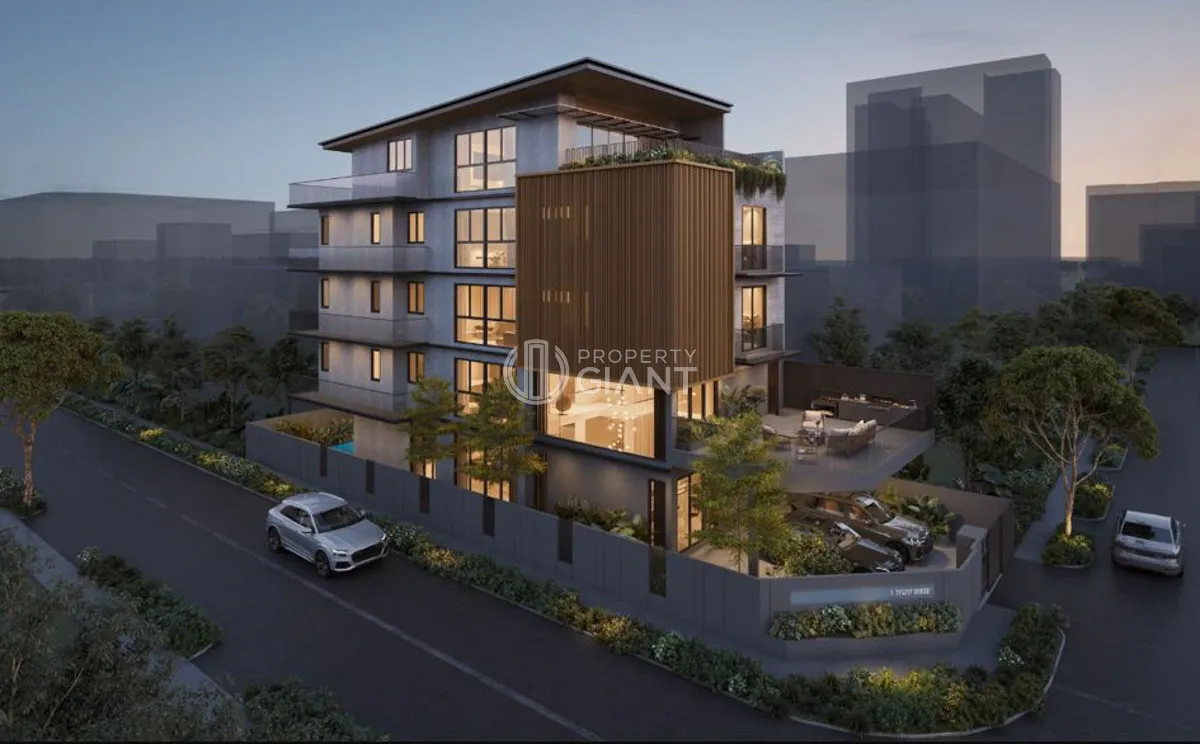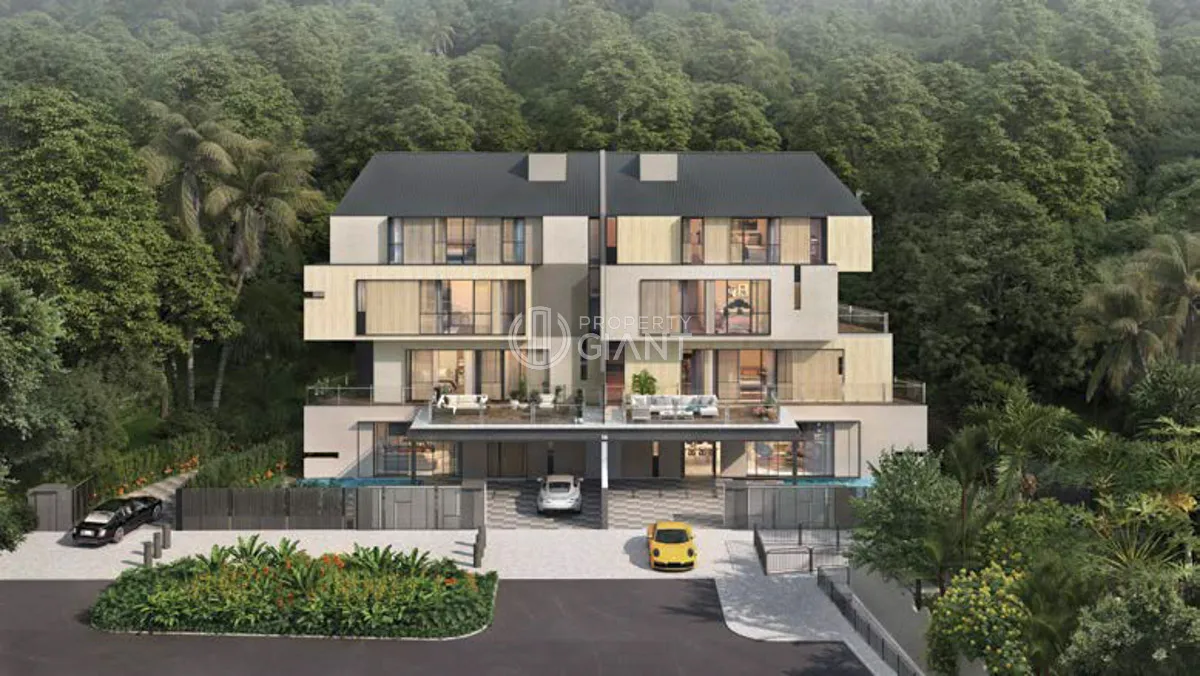President Donald Trump declared a US economic emergency and announced a 10% "baseline" tariff on imports with higher rates for some countries. With rates even higher for 60 countries or trading blocs that have a high trade deficit with the US. The 10% tariff imposed by the U.S. on Chinese goods could create both opportunities and challenges for Singapore's exports and economy.
Here’s a breakdown of several potential effects on Singapore and its overall economy with its possible impacts:
The ongoing U.S.-China trade tensions and the imposition of a 10% tariff on Chinese goods are expected to have significant effects on Singapore’s economy, including its property market. The tariffs could disrupt global supply chains, raising production costs and creating inflationary pressures, especially for businesses relying on Chinese imports. This may affect the competitiveness of Singapore’s small and medium enterprises (SMEs) and increase costs for businesses in sectors like electronics and chemicals. A global economic slowdown resulting from these trade tensions could also dampen demand for Singapore’s exports, impacting overall economic growth and investor confidence.
For the property market, higher construction costs due to tariffs on building materials like steel and aluminum could result in delayed construction projects. Developers may pass these increased costs onto buyers, raising prices for both residential and commercial properties. Moreover, the disruption of global supply chains could delay projects further, exacerbating potential supply-demand imbalances. This could drive up prices for residential and commercial properties, particularly in the luxury sector, if demand remains strong while supply lags behind.
The impact on foreign investments, particularly from Chinese and U.S. investors, could also be significant. A weakened Chinese economy may reduce Chinese investors' disposable income, lowering demand for luxury properties in Singapore. However, some Chinese investors may still seek safe-haven assets, including Singaporean real estate, as a means of wealth preservation amidst economic instability. Similarly, U.S. investors may turn to Singapore as a stable investment destination, though a prolonged global slowdown could dampen their enthusiasm.
On the downside, the tariffs could lead to reduced foreign investment in Singapore’s property market if global economic uncertainty persists. U.S. and Chinese investors might become more cautious, potentially lowering demand in both luxury and commercial real estate sectors. Additionally, rising borrowing costs due to inflationary pressures could make financing more expensive, further impacting property demand.
While Singapore’s property market may benefit from increased foreign investment in the short term, particularly from wealthy investors seeking safe assets, the prolonged trade tensions could lead to slower economic growth, higher construction costs, and potential delays in real estate projects. The overall impact will largely depend on the duration of the tariffs and how global markets respond to the evolving trade situation.

Possible For Singapore To Leverage the 10% U.S Tariff Amidst Trade War Uncertainty?
The U.S.-China trade war and the imposition of a 10% tariff on Chinese goods could have far-reaching effects on Singapore's economy and property market, creating both opportunities and challenges. On one hand, global economic uncertainty may lead to lower interest rates, as central banks look to stimulate economic activity. In Singapore, the Monetary Authority of Singapore (MAS) could adjust monetary policies to make financing more accessible, potentially boosting demand for residential and commercial properties, especially luxury homes and office spaces in prime locations. Lower borrowing costs would make property purchases more affordable, encouraging both local and foreign investment.
As the global economy faces potential slowdown due to the trade war, central banks within a country, including the U.S. Federal Reserve or The Monetary Authority of Singapore (MAS) may lower interest rates to stimulate economic activity, making mortgages more affordable and boosting demand for properties in Singapore, particularly in the residential sector. Benefiting the domestic economy by making financing more accessible or providing fiscal stimulus, offering further support to the real estate market. This could make property purchases easier for both local and foreign investors, increasing demand across residential and commercial sectors. However, if inflation rises due to tariff-induced supply chain disruptions, central banks might raise interest rates in the long term, which could dampen property demand by making mortgages more expensive.
In terms of foreign investments, Singapore may see increased demand for luxury properties as wealthy individuals, particularly from the U.S. and China, view the city-state as a safe haven amidst global instability. As businesses in China and the U.S. look to diversify their supply chains, some may relocate operations to Singapore, driving up demand for commercial properties like office spaces, warehouses, and logistics centers. This trend could further bolster the demand for real estate in industrial hubs like Tuas and Jurong, as well as the central business district.
Singapore's strong policy framework and strategic location make it an attractive destination for foreign direct investment (FDI). As companies diversify their operations away from China, Singapore could see more business activity, further boosting demand for both residential and commercial properties. The residential market, particularly for luxury homes, could also benefit from an influx of expatriates and foreign professionals relocating to Singapore to take advantage of new economic opportunities. While the tariffs pose challenges like rising construction costs and potential delays, the long-term effects may be mitigated by Singapore’s stable political environment and its reputation as a resilient investment hub.
Amidst the trade war presents risks to Singapore’s property market, such as higher costs and potential slowdowns, the country’s strategic location, robust governance, and position as a regional business hub could provide a buffer against global economic uncertainty. With interest rates likely to remain low in the short term, the market could see continued demand from both local and international buyers, especially in the luxury sector.


